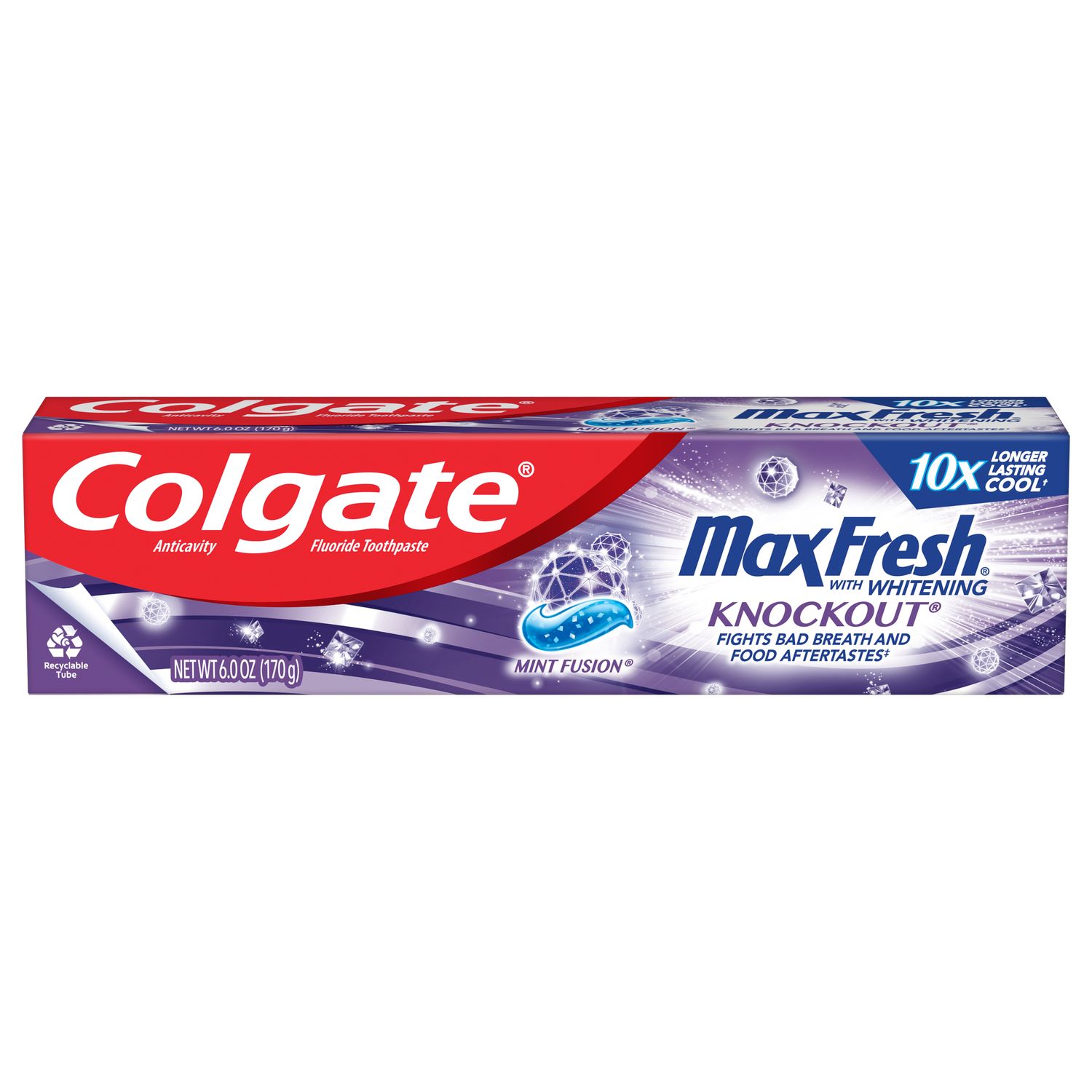What Causes Mouth Dryness?
Dry mouth, also known as xerostomia, is when you don’t have enough saliva to keep your mouth moist. In addition to dryness, you might feel like your saliva is thick and stringy, and things might taste different than usual. Your throat might feel dry and hoarse, too, and you might have trouble chewing and swallowing.
There could be a variety of reasons behind this ongoing dryness in your mouth, such as:
Age.
Smoking.
Snoring.
Mouth breathing.
Dehydration. Saliva is mostly water, so if you’re dehydrated, you won’t produce as much. As well as not drinking enough water, dehydration can be a result of things like illness, vomiting, overexercise, and alcohol use.
Medications. Dry mouth is a common side effect of hundreds of medications. According to the Mayo Clinic, these may include certain antihistamines, decongestants, muscle relaxants, pain medications, antidepressants, anxiety medications, and blood pressure medications.
Respiratory problems. Minor illnesses that cause nasal congestion, such as the flu, may force you to breathe through your mouth, leading to temporary dry mouth.
Medical conditions. Certain illnesses, like Sjögren's syndrome, cause dry mouth by directly affecting the salivary glands. In some cases, dry mouth can be an indirect result of a medical condition like diabetes, stroke or HIV.
Cancer treatment. Dry mouth can be caused by chemotherapy drugs, or damage to the salivary glands after radiotherapy in the head and neck area.
Bad Breath and Dry Mouth
So you now know what can cause dry mouth, but you may be wondering why dry mouth causes bad breath? According to the National Institute of Dental and Craniofacial Research, saliva keeps the mouth hydrated, washes food particles away from your teeth and gums, and can help fight tooth decay. It also helps to rinse away oral bacteria, which can produce strong-smelling compounds that cause bad breath.
Without sufficient saliva, bacteria and food debris can build up in the mouth. Not only does that cause bad breath from dry mouth in itself, but it can increase your risk of developing gum disease. In advanced gum disease (periodontitis), you develop pockets between the teeth and gums, where decomposing food and bacteria can get trapped and accumulate. The resulting odor is commonly referred to as “perio breath.”
How Do You Diagnose Dry Mouth?
Understanding the real cause of your dry mouth is important and will help you get the proper treatment. Most dental professionals can quickly determine whether the reason is related to your oral health or something else. If your dentist diagnoses periodontal disease or cavities, they can help resolve these issues. However, if medication or a medical condition causes your dry mouth, you may need the care of a physician or specialist to diagnose and address the issue.
How Is Dry Mouth Treated?
If you have dry mouth, there are steps you can take to treat it. Most patients require a two-pronged approach to treating dry mouth problems. Initially, your doctor or dental professional will likely recommend treatment to manage your symptoms, like dental sores orto bad breath. Treatment may also include antibiotics for signs of oral infection. At the same time, they will investigate the cause of your dry mouth., Your doctor might conduct tests for any medical conditions, or make adjustments to your medications and dosages, while your dentist might treat you for gum disease, for example.
Preventing Bad Breath and Dry Mouth
Of course, even before you get to the point of treatment, you might be able to find ways to prevent bad breath. If you find your medication alternatives are limited, or you have one of the medical conditions that cause xerostomia, your best method of preventing bad breath from dry mouth is to maintain a high level of oral hygiene to control bacteria and avoid the development of bad breath and mouth sores. You can always ask your doctor to recommend products specially formulated to prevent dry mouth and avoid habits such as smoking or drinking alcohol and caffeine.
So if you're experiencing bad breath due to dry mouth, whether it's due to medication or a medical condition, there are several things you can do to improve the situation. The most important thing is to find out what's the root cause of your dry mouth. Your dentist or doctor can guide you through this process, and together you can decide what's the best course of action.
It's also essential to maintain your stress levels and protect your overall health. Taking the time to take care of yourself is the first step toward better oral hygiene and breath. And let's face it, when we have good breath, we feel good too!
This article is intended to promote understanding of and knowledge about general oral health topics. It is not intended to be a substitute for professional advice, diagnosis or treatment. Always seek the advice of your dentist or other qualified healthcare provider with any questions you may have regarding a medical condition or treatment.
ORAL HEALTH QUIZ
What's behind your smile?
Take our Oral Health assessment to get the most from your oral care routine
ORAL HEALTH QUIZ
What's behind your smile?
Take our Oral Health assessment to get the most from your oral care routine














